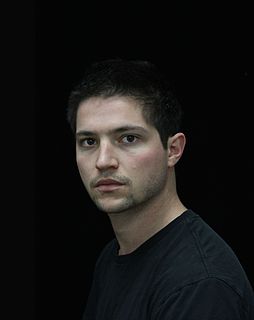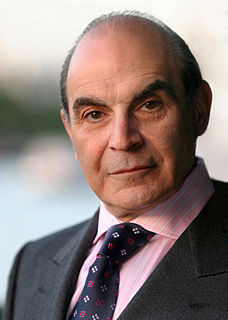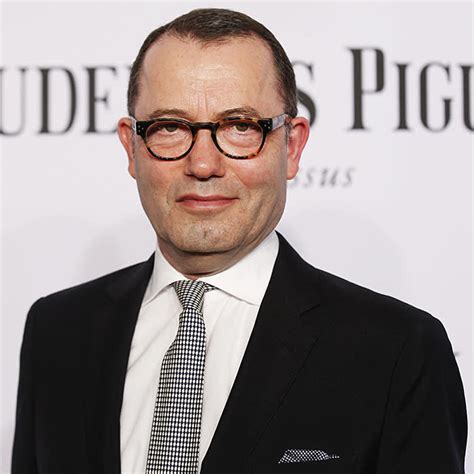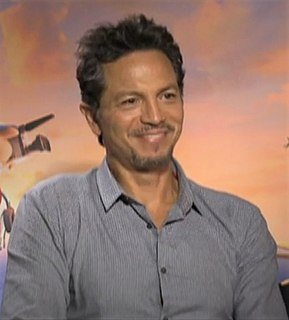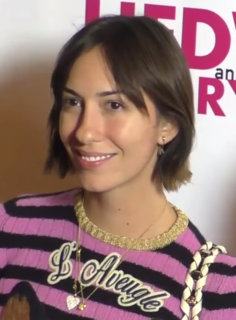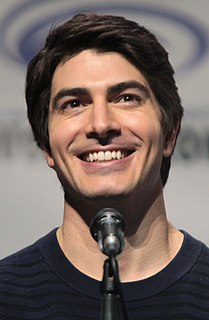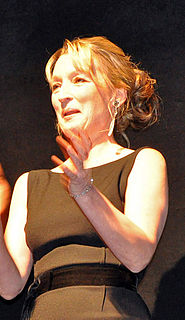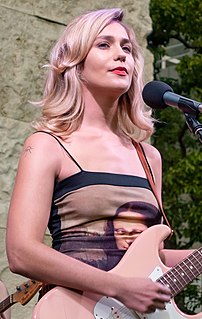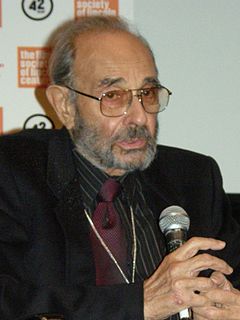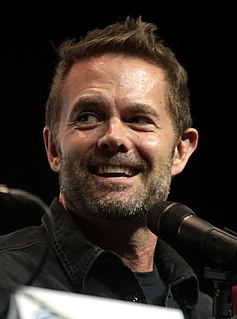A Quote by Thomas McDonell
I think there are certain technical things about acting that change between working in film and television. Everything definitely slows down and we have more time in film.
Related Quotes
I think where Playground is heading is deeper into that marriage between stage, film and television, with the increasing number of people in the film business working in television, obviously something that we were very influential in starting and doing at HBO. And I think that that's the focus of where I see the company moving forward, continuing to explore that intersection of all that talent.
For me, as a film goer, I like nothing more than to sit in the cinema, have the lights go down and not know what I'm about to see or unfold on-screen. Every time we go to make a film, we do everything we can to try to systematise things so we're able to make the film in private, so that when it's finished it's up to the audience to make of it what they will.
The first thing I say when people ask what's the difference [between doing TV and film], is that film has an ending and TV doesn't. When I write a film, all I think about is where the thing ends and how to get the audience there. And in television, it can't end. You need the audience to return the next week. It kind of shifts the drive of the story. But I find that more as a writer than as a director.
I certainly don't feel there's a distinction to be made between a television and a film actor. I think there's a distinction between great actors and not so great actors. But I really think if you watch a person working in television give a wonderful performance, that person is f - ing great, because there is no time.
Well I'm Superman, just not action. I'm kind of looking for something with a lot less action and more talking and listening. I also have a film that's premiering Vegas Film Festival, short film, directed by Joel Kelly, it's called Denial and it's a story, short film, 35 mm short film and it's about a man's struggle to choose between the woman of his dreams and his reality, so it's definitely different than Superman. So I'm really proud of that.
Stage is the ultimate test; I like watching established screen actors on stage to see if they can really do it. But it's great to have a healthy mixture of the two. Film is so technical: there's something very particular about the relationship between you and the camera. It took a long time for me to get good on film.
The film The Conquest will be seen on many different levels and the American point of view is always more technical. The French are less technical - it's 'I like it, or I don't like it.' I hope that this film can have a life in the U.S. - it's the grand country of cinema. I grew up with Hollywood movies, so for a French director to have a film distributed in the U.S. is a real opportunity.
You don't have that interaction with the audience when you're acting for film; you're kind of acting in a vacuum. You're acting for a disinterested grip who just wants to reply to his wife about what time he'll be home for dinner. Everyone else on a film set is also there because they're paid to be there. They're not there because they're passionate about what you do necessarily.
I applied [to film school] figuring, "I need to find some structure for myself. I need to find a way to figure out what kind of filmmaker I want to be." And that is what film school provides you with. It'll teach you the basics of how a production works and the technical side of how to put everything together, but you could also learn that by working on film sets.
